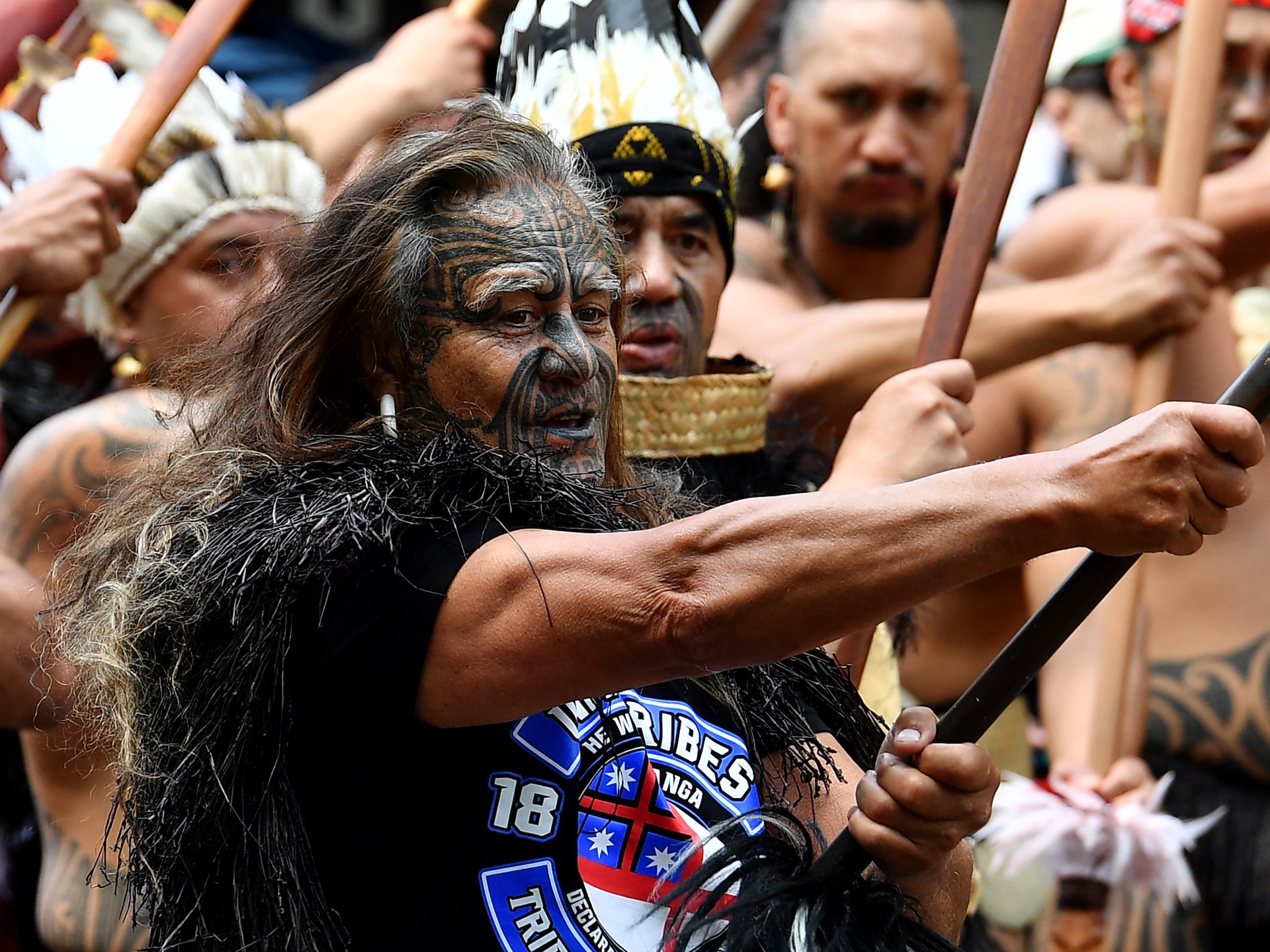As someone who basically knows nothing about this but what is in the article, the Maori sound like they have the right idea to me.
The Maori version of the original treaty seems very generous and would make sense to most people how it was written. How anyone would believe the British version was legitimate unless it was signed under coercion or misrepresentation makes zero sense.
Despite the bill being highly likely to fail, many believe that just by allowing the bill to be tabled in Parliament, the coalition government has ignited dangerous social division.
That they are protesting even though the new bill is unlikely to pass seems very smart, given what is going on in other parts of the world and how manipulation by governments works in history. By entertaining it as any form of reasonable proposal, it gives it credence, no matter how small, and each time it is suggested, it will be normalized a bit more, and they will pick up another supporter here and there until they can pass it.
Not many people know the history of the treaty. It basically was signed under duress. Prior to the meeting where it was signed all but one of the Maori tribal leaders were against signing the treaty, even the Maori version. What was said at the signing was purposely never recorded, but considering the existential threat of the New Zealand Company (NZC) on the horizon (the primary reason a treaty was even being discussed), it is believed that the Maori leaders were basically given the choice of ‘sign this treaty and be a part of the British empire, or don’t and have no legal rights against the whims of the New Zealand Company’.
The New Zealand Company was a private British company with the goal of obtaining as much land as possible at any cost, and the Maori would have had zero legal protections unless they were part of the British empire. Without a treaty the NZC would have been able to push out the Maori entirely with no repercussions. The British people who brought the treaty to the Maori leaders knew this was coming, and wanted to avoid it.
Signing the treaty was a quick and dirty solution to the quickly approaching NZC and was responsible for preventing the worst of the damage, but it is a very flawed document. The translations were rushed, and vague. Basically everyone was against signing it, but they knew it was the least worst option available. It was never designed to be the core document underpinning a nation, merely a speed bump to stall the private annexation of New Zealand.
Thank you for taking the time to write that out for me. Between this and absGeekNZ’s reply to another person, I feel I really learned a lot.
Is there any reason not to?
No, but the article explains that it’s the Māori that have rights to New Zealand, having settled there in the 1300s. The colonial settlers signed the Treaty of Waitangi with the Māori, cementing Māori self-governance. Now Parliament is attempting to do away with the treaty in an attempt to exert control over the Māori, who are the rightful owners of New Zealand.





